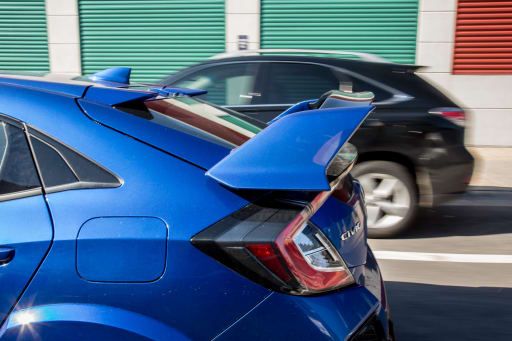
1-888-289-0076

1-888-289-0076

The future of autos is set to bring about a revolutionary change in transportation as advanced technologies continue to shape the industry. From electric vehicles (EVs) to autonomous driving systems, the automotive landscape is undergoing a significant transformation.
Electric vehicles are at the forefront of this shift, promising a greener and more sustainable future. With zero tailpipe emissions, EVs offer a cleaner alternative to traditional gasoline-powered vehicles, reducing air pollution and combating climate change. As battery technology improves, EVs are becoming more affordable, efficient, and capable of longer ranges, making them an increasingly attractive option for consumers.
Furthermore, the rise of autonomous driving technology is paving the way for safer and more efficient roadways. Self-driving cars have the potential to reduce human error, which is responsible for the majority of accidents on the road. With advanced sensors, artificial intelligence, and machine learning algorithms, autonomous vehicles can detect and respond to their surroundings with greater precision and speed.
Additionally, connected cars are transforming the driving experience by enabling vehicles to communicate with each other and with infrastructure systems. This connectivity allows for real-time traffic updates, predictive maintenance, and enhanced safety features. By leveraging the power of the Internet of Things (IoT), cars can seamlessly integrate with other devices, providing a personalized and convenient driving experience.
Another aspect of the future of autos lies in the development of alternative fuels. While electric vehicles are gaining popularity, hydrogen fuel cell technology is also making strides. Hydrogen fuel cell vehicles offer long-range capabilities and quick refueling times, addressing some of the limitations of battery-powered EVs. As renewable energy sources become more abundant, the use of hydrogen as a clean fuel option may become more widespread.
In addition to these advancements, the future of autos encompasses the concept of shared mobility. With the rise of ride-sharing services and carpooling, the need for individual car ownership may decrease. This shift towards shared transportation not only reduces traffic congestion but also optimizes the utilization of vehicles, leading to a more sustainable and efficient transportation system.
The future of autos is not limited to just cars; it extends to other modes of transportation as well. Electric bikes, scooters, and even flying taxis are emerging as viable alternatives for short-distance travel. These innovative solutions offer eco-friendly and time-efficient options for urban commuters, revolutionizing the way people move within cities.
As the automotive industry evolves, it is essential to address the challenges and opportunities that arise. Infrastructure development, regulatory frameworks, and public acceptance play crucial roles in determining the success and adoption of new technologies. Collaboration between automakers, technology companies, and governments is key to realizing the full potential of the future of autos.
In conclusion, the future of autos is an exciting prospect, driven by advanced technology and a growing focus on sustainability. Electric vehicles, autonomous driving systems, connected cars, alternative fuels, shared mobility, and diverse transportation options are set to reshape the way we move. Embracing these innovations will not only improve the efficiency and safety of transportation but also contribute to a cleaner and more sustainable future.